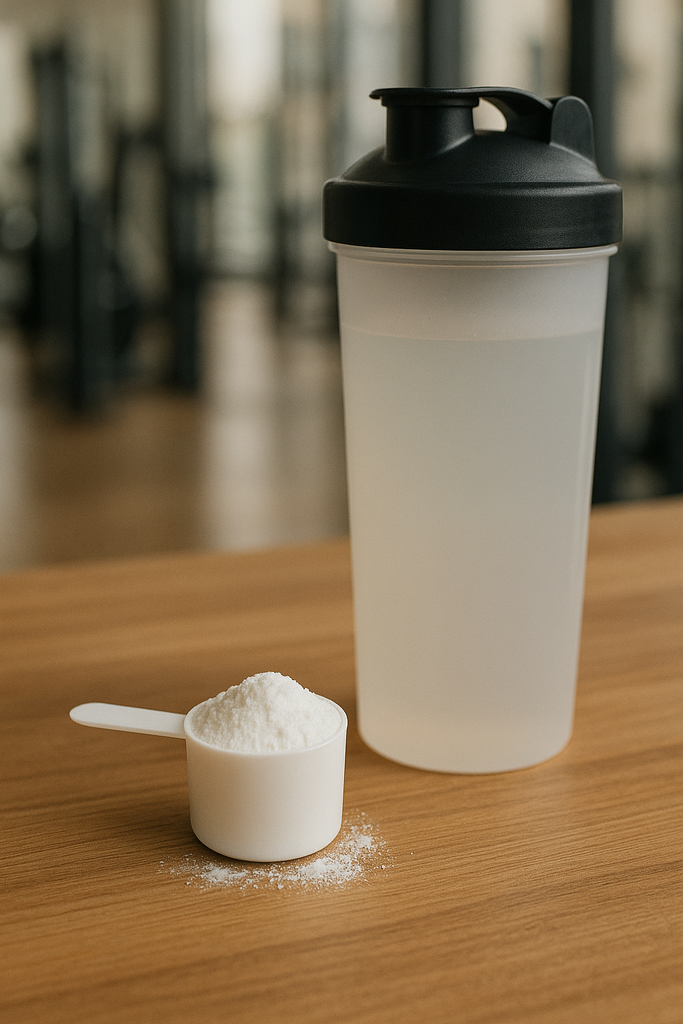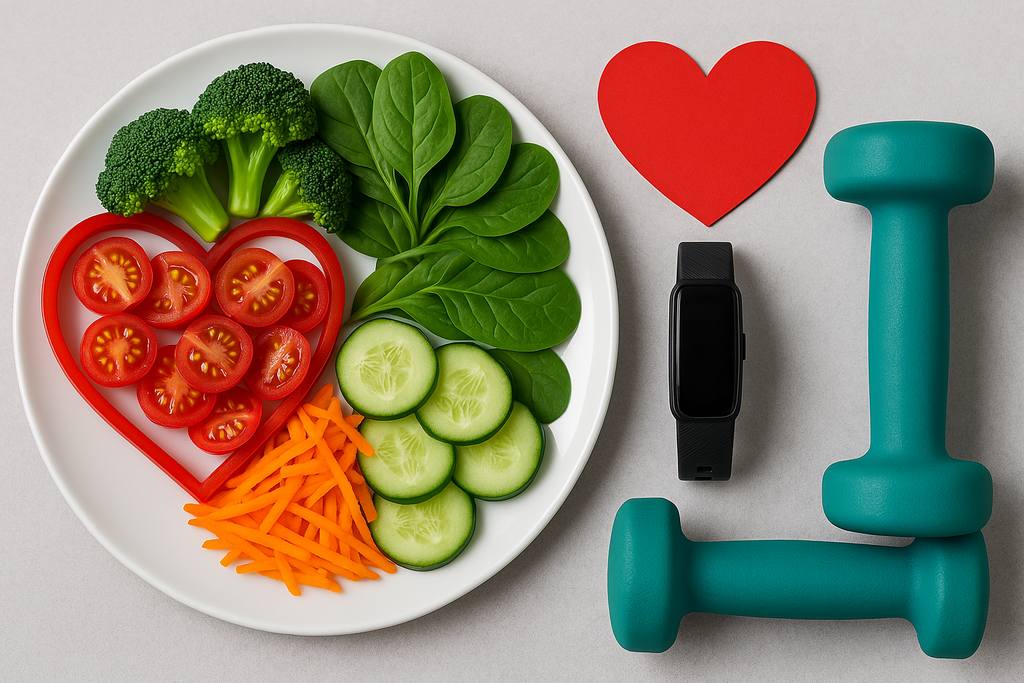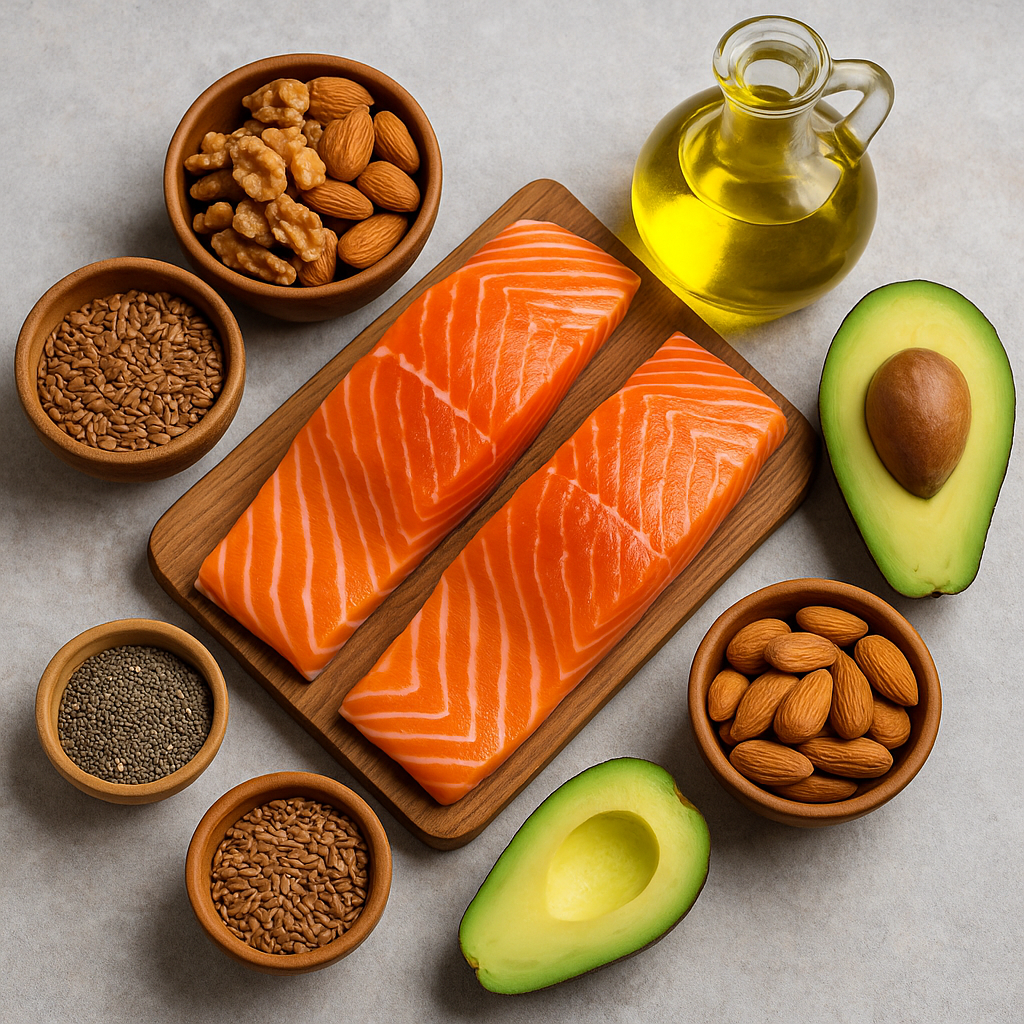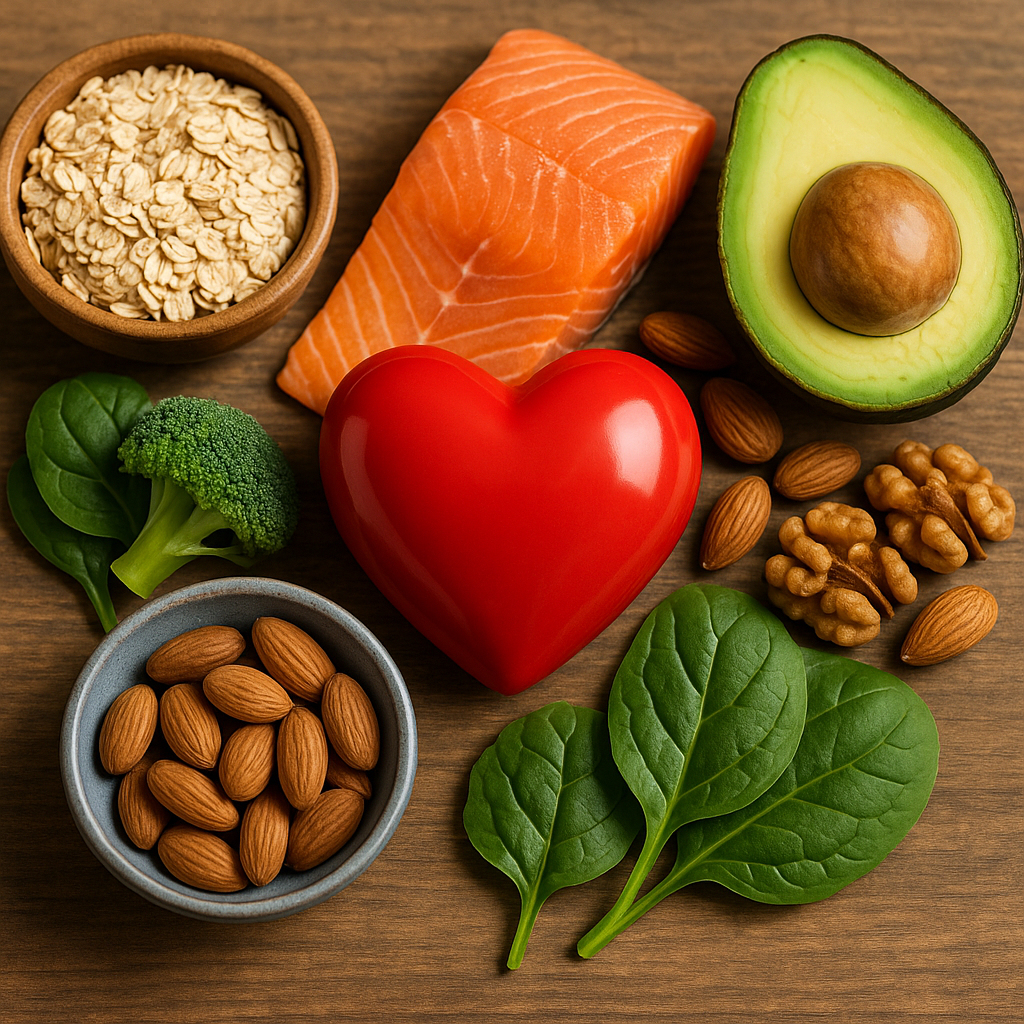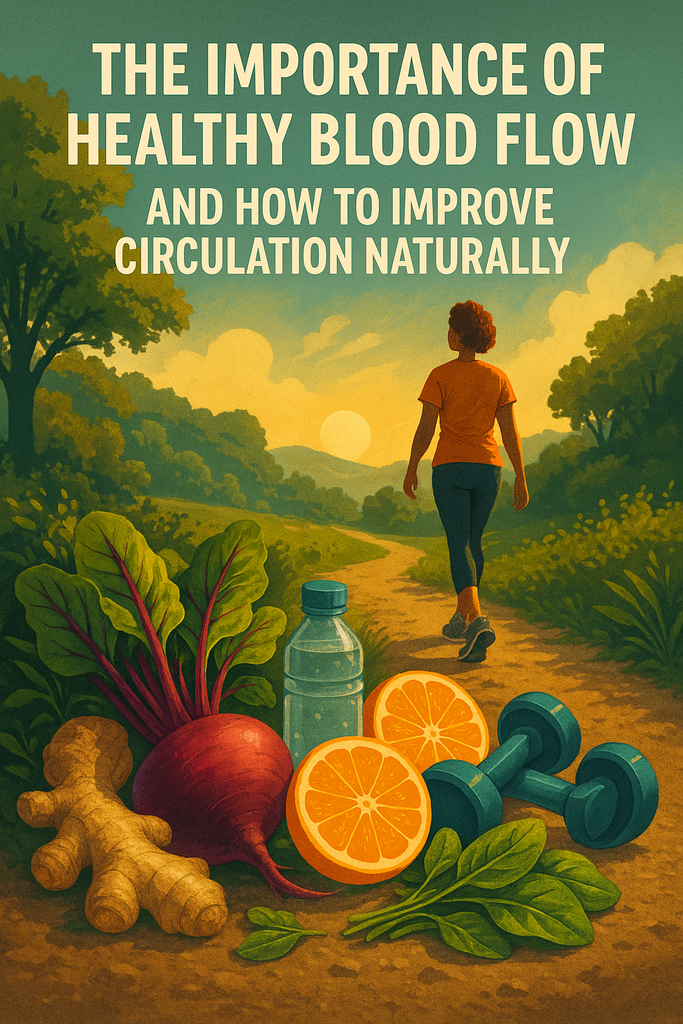News — cardiovascular health
Unlocking the Power of L-Arginine: Performance, Heart Health & More
amino acid arginine dosage arginine for women arginine immune support arginine supplement blood flow cardiovascular health circulation exercise performance growth hormone heart health L-Arginine L-Arginine benefits L-Arginine vs L-Citrulline muscle pump natural ED remedy nitric oxide nitric oxide booster pre-workout recovery supplements
L-Arginine has long been recognized as a building block of protein, but its true potential goes far beyond muscle synthesis. This semi-essential amino acid plays a critical role in numerous physiological processes, particularly in supporting cardiovascular health, enhancing physical performance, and promoting immune function. As science uncovers more about L-Arginine’s biochemical influence, it’s clear this amino acid deserves a prime spot in your supplement lineup.
From bodybuilders seeking better pumps to individuals managing high blood pressure or erectile dysfunction, L-Arginine has broad appeal. Its ability to boost nitric oxide production, improve circulation, and stimulate growth hormone release puts it in a league of its own. In this article, we’ll explore the many roles of L-Arginine, its benefits, ideal dosages, and who can gain the most from its powerful effects.
How Diet and Exercise Can Lower Blood Pressure Naturally
anti-hypertension diet best foods for blood pressure blood pressure cardiovascular health DASH diet exercise for blood pressure garlic extract heart health home blood pressure monitoring hydration hypertension lifestyle change lower blood pressure naturally magnesium natural remedy omega-3 physical activity potassium stress relief supplements
High blood pressure, or hypertension, is often dubbed the “silent killer” for good reason—it typically shows no symptoms but significantly increases the risk of heart disease, stroke, and kidney failure. While medication is often prescribed, many individuals can effectively manage and even reduce their blood pressure through lifestyle changes alone. Chief among these are a healthy diet and regular physical activity, which together offer powerful, natural control over this common condition.
Rather than relying solely on pills, embracing a nutrient-rich diet and consistent exercise regimen can restore balance to your cardiovascular system. Science consistently supports the idea that what you eat and how you move daily can make or break your blood pressure numbers. In this guide, we’ll explore exactly how diet and exercise can lower blood pressure naturally, what foods and activities to prioritize, and how to build long-lasting habits for heart-healthy living.
The Silent Protector: Why Omega-3s Are Non-Negotiable for Heart Disease Prevention
algal oil anti-inflammatory foods arrhythmia prevention best omega-3 sources blood pressure control cardiovascular health cardiovascular protection cholesterol balance EPA DHA benefits fish oil supplements healthy fats heart disease prevention heart health supplements heart rhythm regulation krill oil omega-3 benefits omega-3 deficiency omega-3 fatty acids plaque buildup prevention triglycerides reduction
Heart disease remains one of the leading causes of death worldwide, often striking without warning and altering lives in an instant. While many factors contribute to cardiovascular health, one nutrient consistently stands out for its protective benefits: omega-3 fatty acids. Often referred to as the "silent protector," omega-3s quietly work behind the scenes, fortifying the heart and circulatory system against numerous threats.
Despite their well-documented advantages, many people overlook the importance of omega-3s in their daily diets. As modern lifestyles gravitate toward processed foods and poor nutritional habits, ensuring adequate intake of these vital fats becomes not just beneficial but essential. This article delves into the profound role omega-3s play in heart disease prevention and why incorporating them into your routine is a non-negotiable step toward lifelong cardiovascular health.
Understanding Good vs. Bad Cholesterol: How to Lower LDL and Increase HDL
bad cholesterol cardiovascular health cholesterol cholesterol diet cholesterol levels cholesterol management cholesterol medications cholesterol support exercise for cholesterol foods for cholesterol good cholesterol HDL cholesterol healthy cholesterol heart health how to improve cholesterol increase HDL LDL cholesterol lower LDL natural supplements triglycerides
When people hear the word “cholesterol,” they often associate it with heart attacks and poor health. But cholesterol isn't inherently bad—it’s essential for building cells and producing hormones. The challenge lies in the balance between the two types: LDL (low-density lipoprotein) and HDL (high-density lipoprotein). These are more commonly known as the “bad” and “good” cholesterol, respectively. Understanding the difference and how each type affects your body is crucial to maintaining cardiovascular health and reducing your risk of chronic diseases.
In this article, we’ll dive deep into what sets LDL and HDL apart, the science behind how they work, and actionable steps you can take to lower your LDL while boosting your HDL. Whether you're managing high cholesterol or simply aiming to optimize your long-term health, this guide offers everything you need to know—backed by research and easy to implement in your daily life.
The Importance of Healthy Blood Flow and How to Improve Circulation Naturally
blood circulation foods blood flow blood vessel health cardiovascular health cayenne pepper circulation circulation massage circulation supplements cold hands feet exercise and blood flow ginkgo biloba healthy circulation herbs for circulation hydration and circulation improve blood flow LongLifeNutri Circulation Support natural circulation boosters nitric oxide poor blood flow turmeric
Healthy blood flow is the cornerstone of a thriving body and mind. Your circulatory system delivers oxygen, nutrients, and hormones to every cell, while also removing waste and toxins. When circulation is strong, your organs perform optimally, your muscles recover faster, and your brain remains sharp. But when blood flow is compromised, you may experience fatigue, cold extremities, numbness, or even more serious health issues like blood clots and varicose veins.
Thankfully, improving circulation doesn’t have to involve medications or invasive procedures. Nature offers a wealth of tools—from specific foods and herbs to lifestyle changes and movement—that can supercharge your blood flow and energize your entire body. In this article, you’ll discover the powerful role circulation plays in your health, and learn proven, natural strategies to boost it efficiently and safely.

